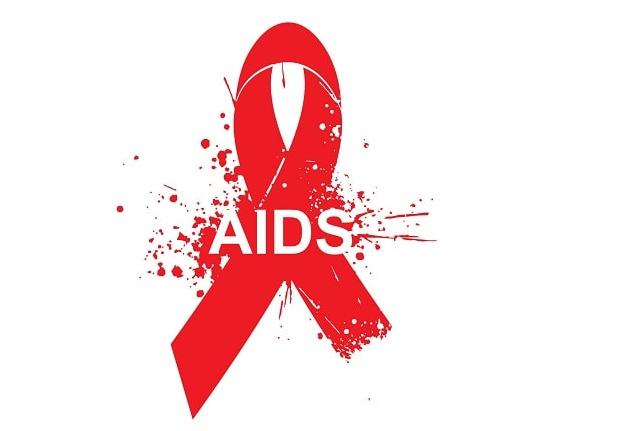Updated By: LatestGKGS Desk
AIDS: Acquired Immuno Deficiency Syndrome, definition,discovery,HIV infection,details

What is AIDS (Acquired Immuno Deficiency Syndrome)?
A - Acquired. This condition is acquired, meaning that a person becomes infected with it.
I - Immuno. HIV affects a person's immune system, the part of the body that fights off germs such as bacteria or viruses.
D - Deficiency. The immune system becomes deficient and does not work properly.
S - Syndrome. A person with AIDS may experience other diseases and infections because of a weakened immune system.
AIDS was first reported in the United States in 1981 and has since become a major worldwide epidemic. AIDS is the most advanced stage of infection caused by HIV. The names HIV and AIDS can be confusing because both terms describe the same disease.
But most people who are HIV positive do not have AIDS. A person with HIV infection is said to have AIDS when his or her immune system becomes so weak it can't fight off certain kinds of infections and cancers, such as PCP (a type of pneumonia) or KS (Kaposi sarcoma, a type of cancer that affects the skin and internal organs), wasting syndrome (involuntary weight loss), memory impairment, or tuberculosis.
Even without one of these infections, a person with HIV is diagnosed with AIDS if his or her immune system weakens, as indicated by the number of CD4 cells in his or her blood--if the CD4 cell count is less than 200, the person is given a diagnosis of AIDS.


